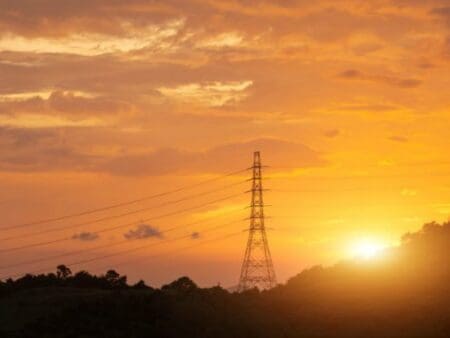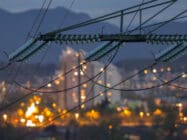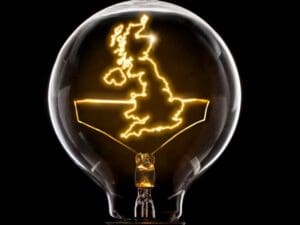
For Africa to achieve universal electricity access by 2040, a more equitable system must be implemented – one that leverages a diverse mix of the continent’s abundant renewable resources and is dependent upon a more interconnected, flexible and reliable power grid.
This was the key message from the International Renewable Energy Agency (IRENA) Director-General Francesco La Camera to mark an agreement signed with the African Union Development Agency (AUDA-NEPAD) in support of Africa’s energy goals.
The agreement was signed on Monday, 4 September on the margins of Africa Climate Week in Nairobi.
IRENA said the agreement is geared toward assisting the continent “in their efforts to achieve the African Union’s Agenda 2063 and the United Nations Sustainable Development Goal 7 to ensure access to affordable, reliable, sustainable and modern energy for all.”
“Acknowledging that 80% of the global population without access to electricity resides in Sub-Saharan Africa, it is evident that the existing energy infrastructure cannot adequately meet the continent’s needs,” said La Camera.
But this would require the creation of a more equitable energy system, he said.
AUDA-NEPAD CEO Nardos Bekele-Thomas underscored the findings of the Continental Power Systems Masterplan (CMP), designed to provide a strategic roadmap for connecting Africa’s five power pools.
The CMP emphasises the critical need for immediate and proactive measures in Africa’s electricity sector.
“The current business as usual trajectory falls significantly short of achieving universal electricity access by 2040, necessitating a substantial increase in investments to elevate the continent’s installed capacity from 266GW to approximately 1,218GW,” said Bekele-Thomas.
“To realise this ambitious target, an estimated $1.29 trillion in cumulative investments will be essential, potentially culminating in the establishment of a robust continental electricity market valued at $136 billion by 2040. It is imperative to take urgent and strategic actions to accomplish these transformative goals.”
Have you read?
UK-German NeuConnect interconnector proceeds with construction
Greek TSO acquires 25% share in EuroAsia Interconnector
Planning towards an integrated electricity network in Africa
IRENA said the continued investments in cross-border transmission infrastructure and a deepening of electricity trade will allow African countries to accelerate their energy expansion and transition.
This could be achieved by sourcing electricity from a wide range of competitive, clean energy resources and by anchoring on the continent’s five power pools to create Africa’s Single Electricity Market.
Since 2021, IRENA, in partnership with other organisations, has supported AUDA-NEPAD and African stakeholders in developing the CMP through modelling activities and a series of capacity-building activities related to energy planning in the region.
The CMP aims to establish a long-term, continent-wide planning process for power generation and transmission that involves all five African power pools. It maps out how to best to utilise the vast renewable energy resources across the continent, supporting national power strategies that consider cross-border interconnections as a vital component.
The next phase of CMP will include a special focus on strengthening the planning processes and accelerating the preparation of a bankable pipeline of priority projects at both the regional and country levels.
“This brings an opportunity for African countries to align their energy planning processes to a pan-Africa vision and accelerate the realisation of Agenda 2063,” said IRENA.
“Through this new partnership, IRENA and AUDA-NEPAD will work to enhance the capabilities of African countries and regional organisations through knowledge-based capacity building services, support implementation of the renewable energy projects in the Programme for Infrastructure Development in Africa (PIDA PAP II) and facilitate access for project developers to IRENA’s Climate Investment Platform and Energy Transition Accelerator Financing (ETAF) platform.”
Originally published by Yunus Kemp on ESI Africa.








